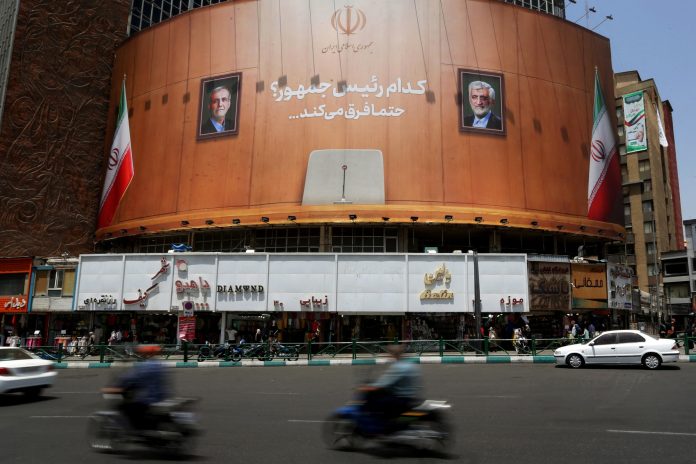The second round of the presidential election began in Iran on Friday amid stiff competition between pro-reform advocate Masoud Pezeshkian and conservative Saeed Jalili, Iranian media reported.
Among the four candidates in the June 28 snap presidential election, Pezeshkian garnered 10.41 million votes and conservative Jalili 9.47 million votes. However, neither of the two candidates managed to garner more than 50 percent of the votes.
The two candidates held debates on Monday and Tuesday. The two contenders nearly agree on certain steps needed to alleviate economic problems. However, they disagree on the implementation of FATF and the lifting of US sanctions on Iran.
Pezeshkian insists on the need to fully implement FATF and adopt a policy of lifting economic sanctions. But Jalili says Iran should diversify its economic activities and not just focus on a few Western countries in its trade with the outside world. He says the Islamic Republic should make the US regret its sanctions on Iran.
The candidates also diverge on economic policy at home. Pezeshkian says the government should let the private sector flourish and not interfere in the economy. Jalili, however, believes in a state-controlled economy.
They also disagreed on how to achieve eight percent economic growth as outlined in the economic development plan.
Presidential elections amid escalating regional conflict
The election came amid heightened tensions in the region, with Israel, which the Islamic Republic has vowed to destroy, battling Hamas in the Gaza Strip and Hezbollah in southern Lebanon.
The war between Israel and Hamas began last October when Hamas invaded southern Israel from the Gaza Strip, killing some 1,200 people and taking 251 hostages.
Following the attack, Hezbollah-led forces began attacking Israeli military posts on the Israel-Lebanon border on an almost daily basis, prompting retaliatory strikes from Israel in ongoing exchanges of fire that threaten to escalate into full-scale war.
In April, Iran launched its first-ever open direct attack on Israel, firing some 300 missiles and drones into the country in retaliation for an Israeli airstrike in Syria that killed several Iranian generals.
The election also came amid international alarm over Iran’s nuclear program, after the country prevented international inspectors from entering its nuclear facilities and increased uranium enrichment.
